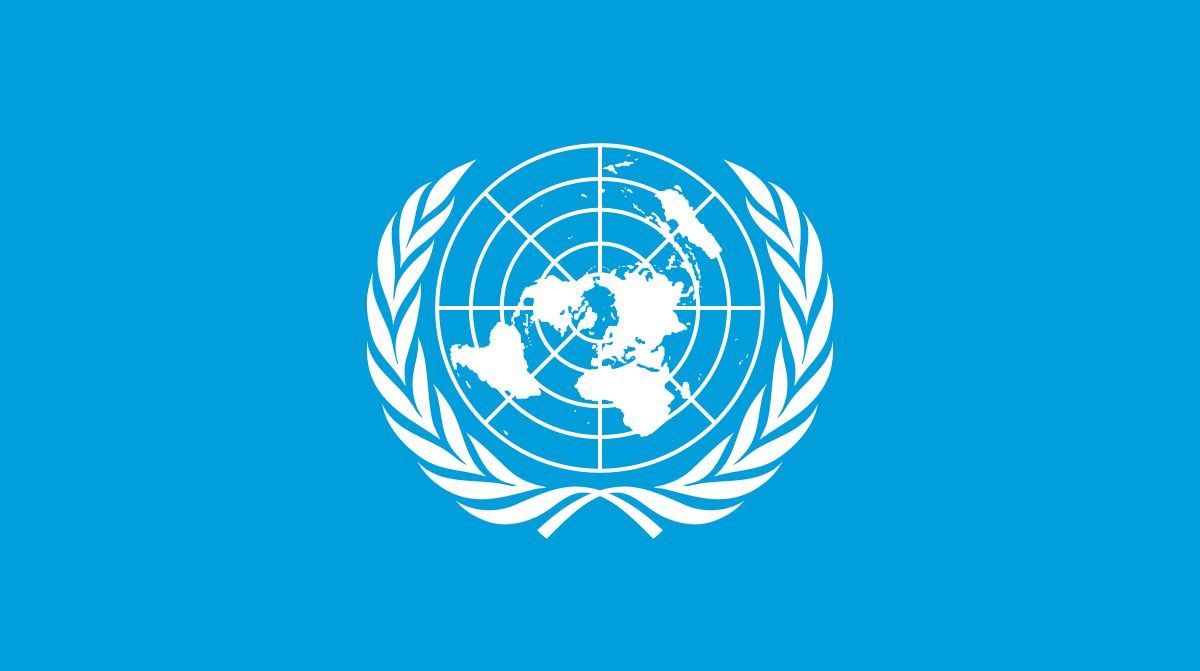This article, published by FutureChallenges and reprinted in the Huffington Post, discusses Earth Day as part of a grand climate change conspiracy to control the world.
The article begins as follows:
On April 22, 2012, the 43rd Earth Day will be celebrated. On the same day, Vladimir Lenin will celebrating (posthumously, of course) his 142nd birthday, meaning he was born exactly 100 years prior to the first Earth Day. As far as I can tell, this is a coincidence. But some people aren’t so sure. Indeed, some people fear that climate change is a hoax fabricated — or at least exaggerated — by researchers in support of a subversive ploy to impose an oppressive global government.
I can say firsthand that the environmental movement — or at least academic environmental research — is not a conspiracy. If it was, I’d be part of it. Heck, I even associate with the infamous Michael Mann. (He’s a really nice guy, and doing a great job of setting the record straight on climate change research.) There are simply too many people involved in environmental research, with too many divergent views and outspoken personalities, for there to be any grand conspiracy.
That said, I do find the conspiracy theories to be very understandable. Environmentalists often are (quite reasonably) calling for more global governance, so that the world can coordinate and cooperate to address its global environmental challenges. Indeed, as the Rio+20 event approaches, we’re seeing new calls for enhanced global environmental governance come from, among others, my environmental research colleagues.
The remainder of the article is available in the Huffington Post.
Image credit: United Nations










